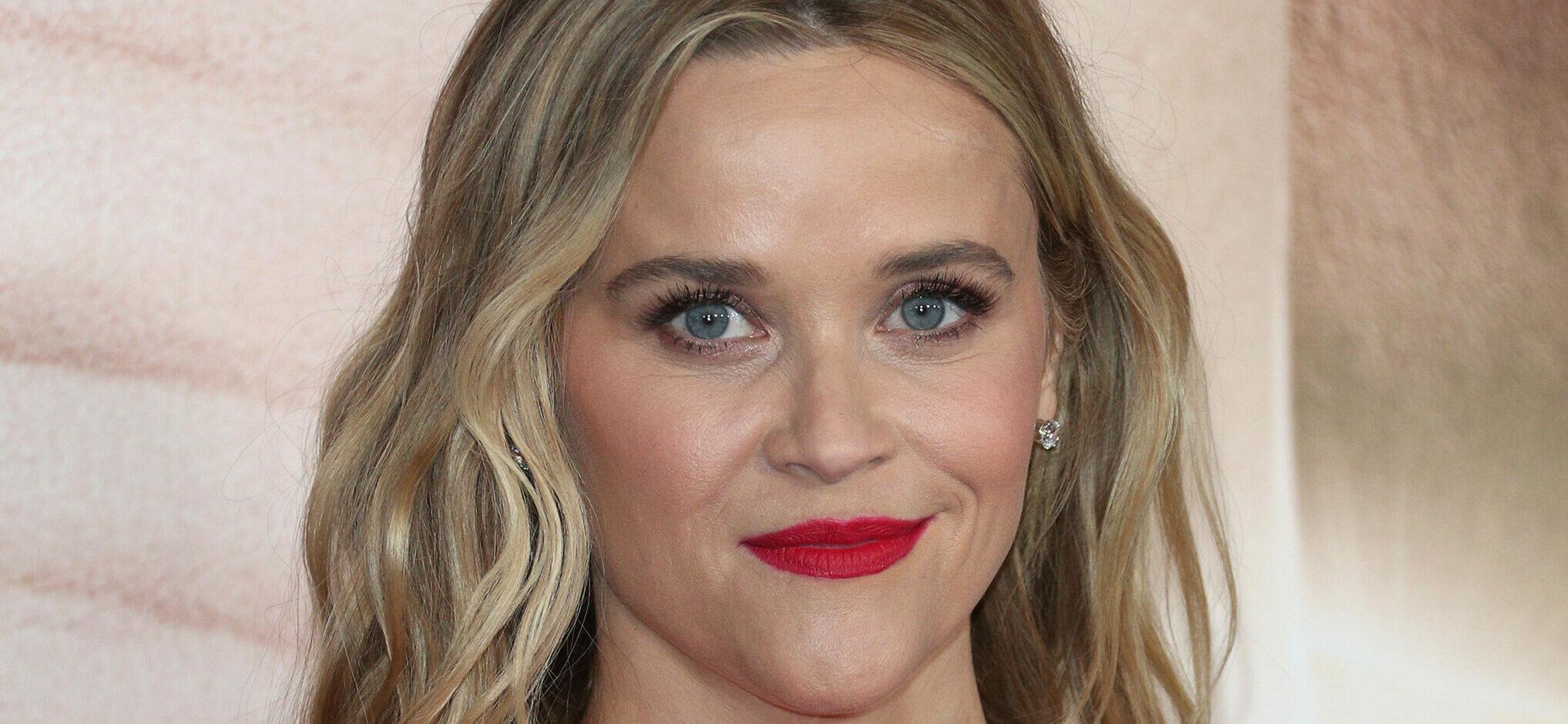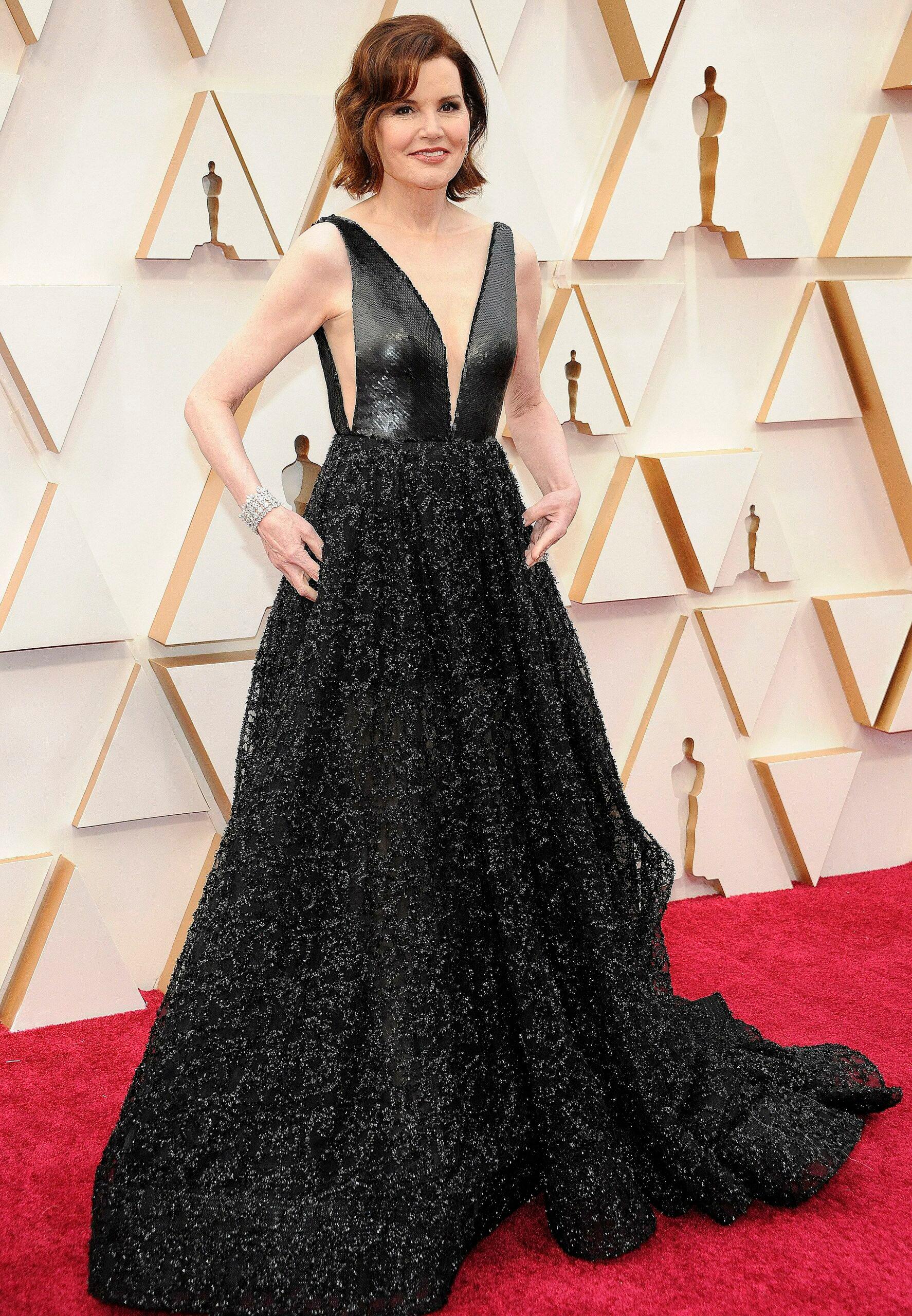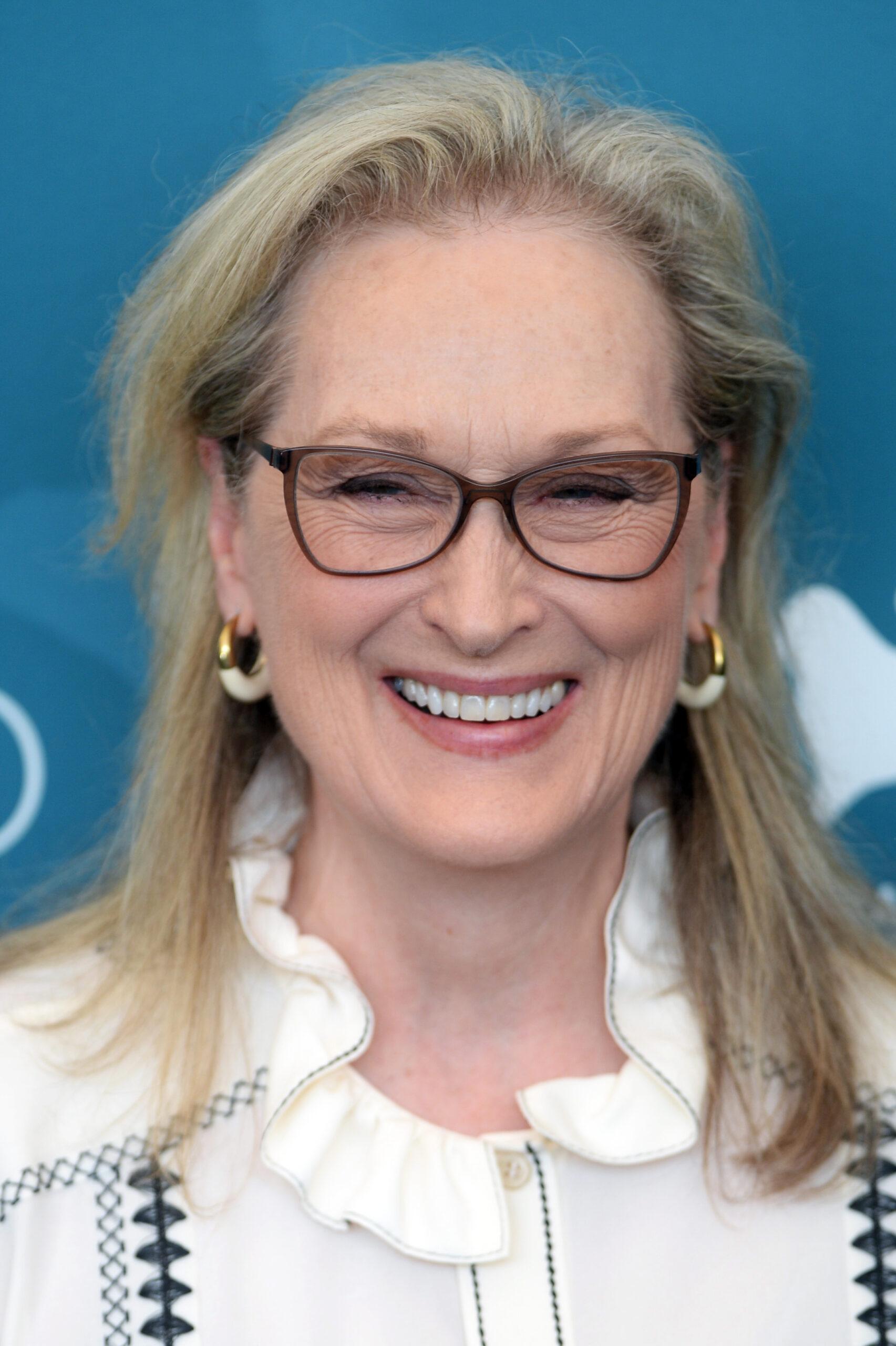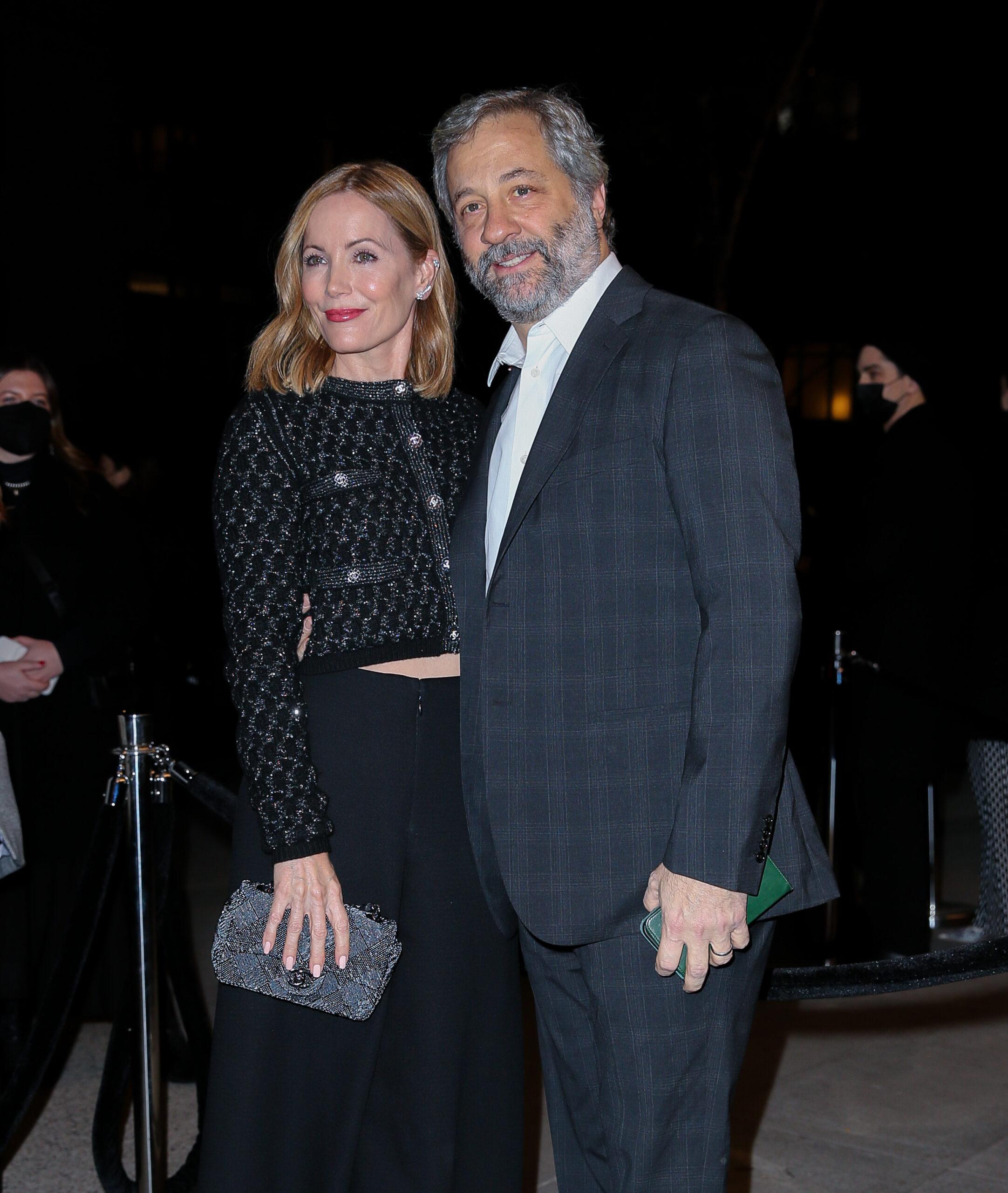These Female Voices Changed Everything In Hollywood
By Kim Handysides on March 9, 2022 at 4:00 PM EST

For International Women's Day, I took up the challenge among female entertainers to watch 'This Changes Everything' on Netflix and looked at it from the perspective of my corner of the industry: voiceover artists. From Shawshank Redemption to Sex and the City to How I Met Your Mother to The Wonder Years and more, narration in film and television is gaining popularity as a key storytelling device. But only 20% of those narration roles go to women and females account for only 29% of all speaking roles in all films. Where are the women?

In my work as a commercial, documentary and television voice-over narrator, these film numbers reflect the reality of the 1980s when I first entered the market. Forty years ago, 80% of the "voice of authority tag line" on any given ad was voiced by a male. Female voices were either characters or relegated to the domain of female products. Led by marketers who first used female voices to stand out from the crowd the percentage of female voices you now hear in commercials is in the range of 37-40%. But the cross-over into film and TV has yet to happen.
Back to the International Women's Day challenge: Produced by Tom Donahue, and released in 2018, This Changes Everything centers on the high prevalence of male hires over women in innumerable ways in Hollywood. Strongly featured in it are Geena Davis and her Institute on Gender in Media, along with powerful voices of Meryl Streep, Reese Witherspoon, and Shonda Rhimes.

Davis' Institute studied 120 films worldwide from 2010-2013 and found stats that knock your socks off. The numbers of women represented in films don't reflect our lived experience. The study of those films found only:
- 30% of characters with names were female
- 23% had a female protagonist or a female partner-protagonist
- 7% were directed by women
The Hollywood powers-that-be have known for a while that something is off in the gender equality department. In 1993, the Oscars adopted the theme of "The Year of the Woman" in line with the media frenzy reacting to four women becoming U.S. Senators in '92. What, if anything, has changed since then?
The Bechdel test (first featured in a comic strip in 1985 by its namesake) has gained ground as litmus for acknowledging options for portraying women as more than arm candy for men. The film has (a) at least two women in it, (b) talking to each other, (c) about something other than a man. The ongoing failure rate (about 40%) of its three simple criteria remains disheartening.
A pitifully few women have been allowed into the closed network of male directors. One clear winner has been Shonda Rimes, who has fought hard for her wins and her global media company Shondaland continues to feed us some of the best shows of this century (Grey's Anatomy, Scandal, Bridgerton, Inventing Anna).

What can lead the change to seeing and hearing more women in our media? In the commercial ad industry, the shift to gender equity was market-led where there's a lot more concern about reaching an audience, impacting it, and possibly changing its behavior. It's not the same in Hollywood. Will change happen when writers, directors and producers care more about reaching and impacting audiences? Or is it a matter of what Judd Apatow said in This Changes Everything, “People will hire the same type of people every time if you don’t have that meeting to tell them not to."
Kim Handysides is an award-winning voice artist, coach and thought leader in her industry. Her narrations have been heard on Discovery, Netflix, and the major networks, in iMax, the White House and the Smithsonian.